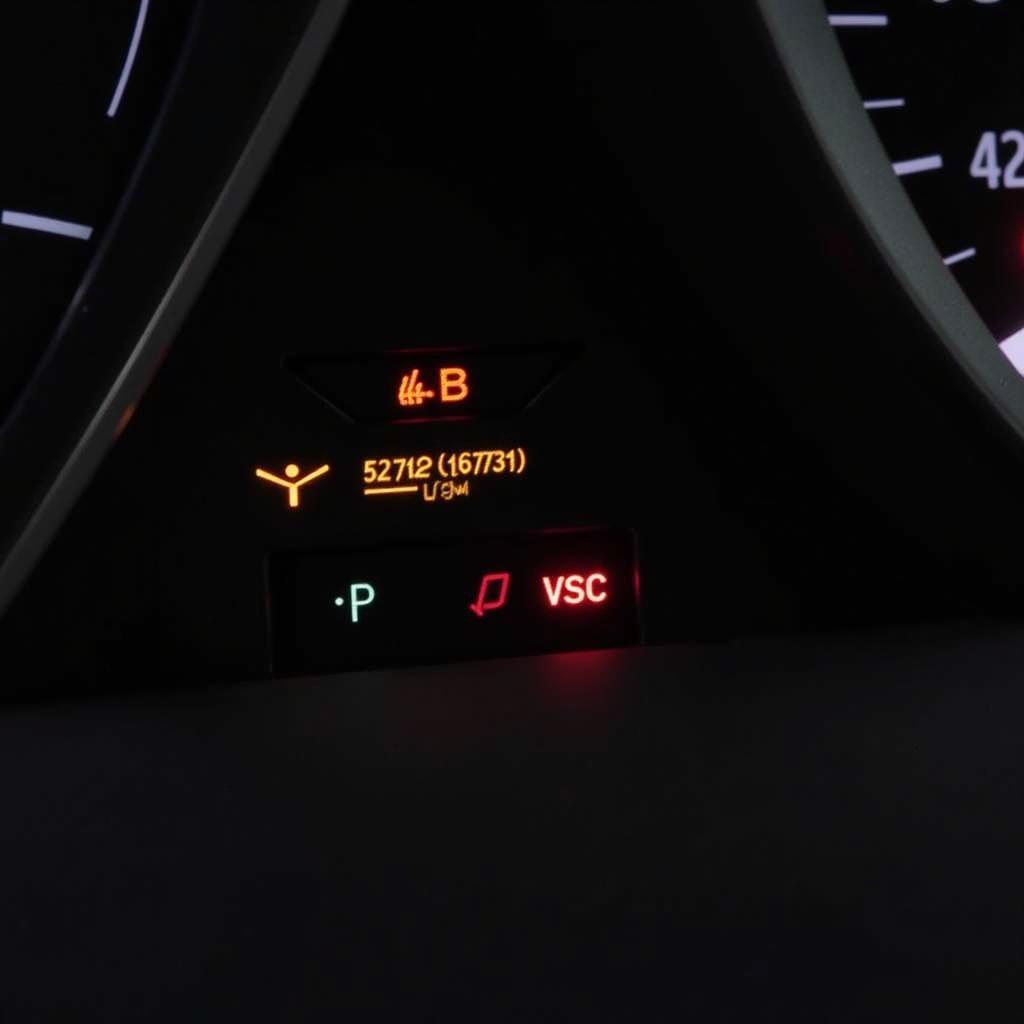Warner Electric is a renowned manufacturer of electromagnetic brakes, clutches, and other mechanical components, known for their reliability and high-quality performance. This guide will delve into the intricate world of Warner brakes, exploring their design, applications, troubleshooting tips, and best practices for maintenance.
What are Warner Brakes?
Warner Electric brakes are a vital component in a wide range of industrial and automotive applications. They are designed to provide controlled and reliable stopping power, ensuring safety and efficiency in various operations. The company’s extensive portfolio includes electromagnetic particle brakes, escalator brakes, and tool muzzle brakes, each catering to specific requirements.
Applications of Warner Brakes
Warner brakes are widely employed in numerous industries, including:
- Material Handling: Warner escalator brakes are integral in ensuring smooth and safe operation of escalators, preventing unintended movement and ensuring passenger safety.
- Manufacturing: Warner electric brakes are used in various manufacturing processes to control motion and stop machinery precisely, leading to improved product quality and safety.
- Automotive: Warner brakes are used in heavy-duty vehicles for applications like trailer braking, engine braking, and parking brakes, contributing to safety and driver comfort.
- Tools & Equipment: Warner tool muzzle brakes are used in high-torque applications, preventing kickback and enhancing operator safety during operation.
Types of Warner Brakes
Warner Electric offers a diverse range of brakes to suit various applications and requirements. The most common types include:
1. Electromagnetic Particle Brakes:
These brakes utilize magnetic particles to create a braking force. They are known for their smooth engagement, high torque capacity, and precise control, making them ideal for applications that require frequent stopping and starting.
2. Warner Escalator Brakes:
These brakes are specifically designed for escalators and are typically spring-applied, electrically released. They are vital for safety, preventing escalators from moving when they are not in use.
3. Warner Tool Muzzle Brakes:
These brakes are used to reduce recoil in power tools, such as drills and impact drivers. They help to prevent kickback and ensure a safer and more controlled operating experience.
Understanding Warner Brake Components
A comprehensive understanding of the components that comprise Warner brakes is essential for troubleshooting and maintenance. Key elements include:
- Electromagnet: The electromagnet generates a magnetic field that creates the braking force.
- Brake Disc: The brake disc is the rotating component that engages with the brake pads or particle medium.
- Brake Pads/Particles: The brake pads or particles create friction to slow down the rotation of the brake disc.
- Spring Assembly: Spring assemblies provide a return mechanism to release the brake after the magnetic field is deactivated.
Troubleshooting Common Warner Brake Issues
While Warner brakes are known for their reliability, occasional issues may arise. Common troubleshooting scenarios include:
- Brake Engagement Failure: If the brake does not engage, it could be due to a faulty electromagnet, a malfunctioning brake control unit, or a problem with the power supply.
- Brake Release Failure: When the brake fails to release, the issue could be related to a stuck spring assembly, a seized brake disc, or a problem with the brake control unit.
- Noise and Vibration: Excessive noise or vibration may indicate worn brake pads or particles, a misaligned brake disc, or a problem with the spring assembly.
Warner Brake Maintenance Best Practices
Regular maintenance is key to ensuring optimal performance and longevity for Warner brakes. Here are some essential maintenance tips:
- Regular Inspections: Conduct routine inspections of brake pads, particles, and spring assemblies for signs of wear or damage.
- Lubrication: Apply appropriate lubricants to the brake disc and other moving parts to minimize friction and wear.
- Cleaning: Regularly clean the brake system to remove dirt, debris, and contaminants that can interfere with its operation.
- Calibration: Periodically calibrate the brake system to ensure accurate and reliable stopping power.
Expert Insights
“Warner brakes are designed for demanding applications, and proper maintenance is crucial for ensuring safe and efficient operation. Always follow the manufacturer’s recommendations for maintenance schedules and procedures,” states John Smith, a leading expert in industrial machinery maintenance.
“Troubleshooting Warner brakes requires a methodical approach. Start by verifying the power supply and examining the electromagnet. If the problem persists, check for signs of wear or damage to the brake disc and other components,” says Emily Davis, a seasoned automotive technician.
Frequently Asked Questions
Q: What is the difference between Warner electric brakes and hydraulic brakes?
A: Warner electric brakes are actuated by an electromagnet, while hydraulic brakes rely on fluid pressure to create the braking force. Electric brakes offer precise control and are often used in applications that require frequent stops and starts.
Q: How often should I service Warner brakes?
A: The recommended service interval for Warner brakes varies depending on the specific application and operating conditions. Check the manufacturer’s manual for specific guidelines.
Q: How can I tell if my Warner brake needs replacement?
A: Signs of wear or damage, such as excessive noise, vibration, or a reduction in braking force, may indicate that the brake needs replacement. Consult a qualified technician for diagnosis and repair.
Q: Where can I find replacement parts for Warner brakes?
A: Warner Electric provides a comprehensive network of authorized distributors and service centers worldwide. You can locate a distributor near you through their website or by contacting their customer support team.
Conclusion
Warner Electric brakes play a crucial role in ensuring safety, efficiency, and control in various industries. By understanding their design, applications, troubleshooting tips, and maintenance best practices, you can maximize their performance and longevity. Remember to consult the manufacturer’s guidelines for specific models and always prioritize safe and responsible operation.

